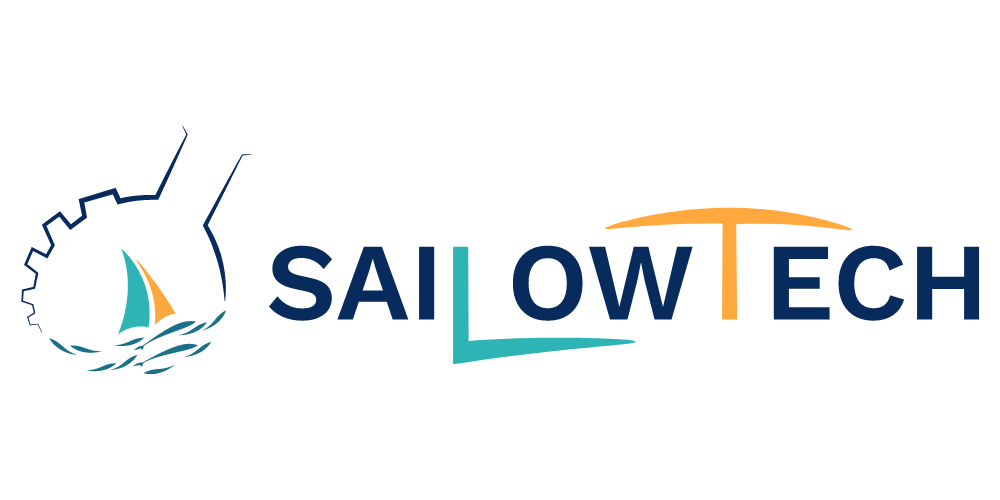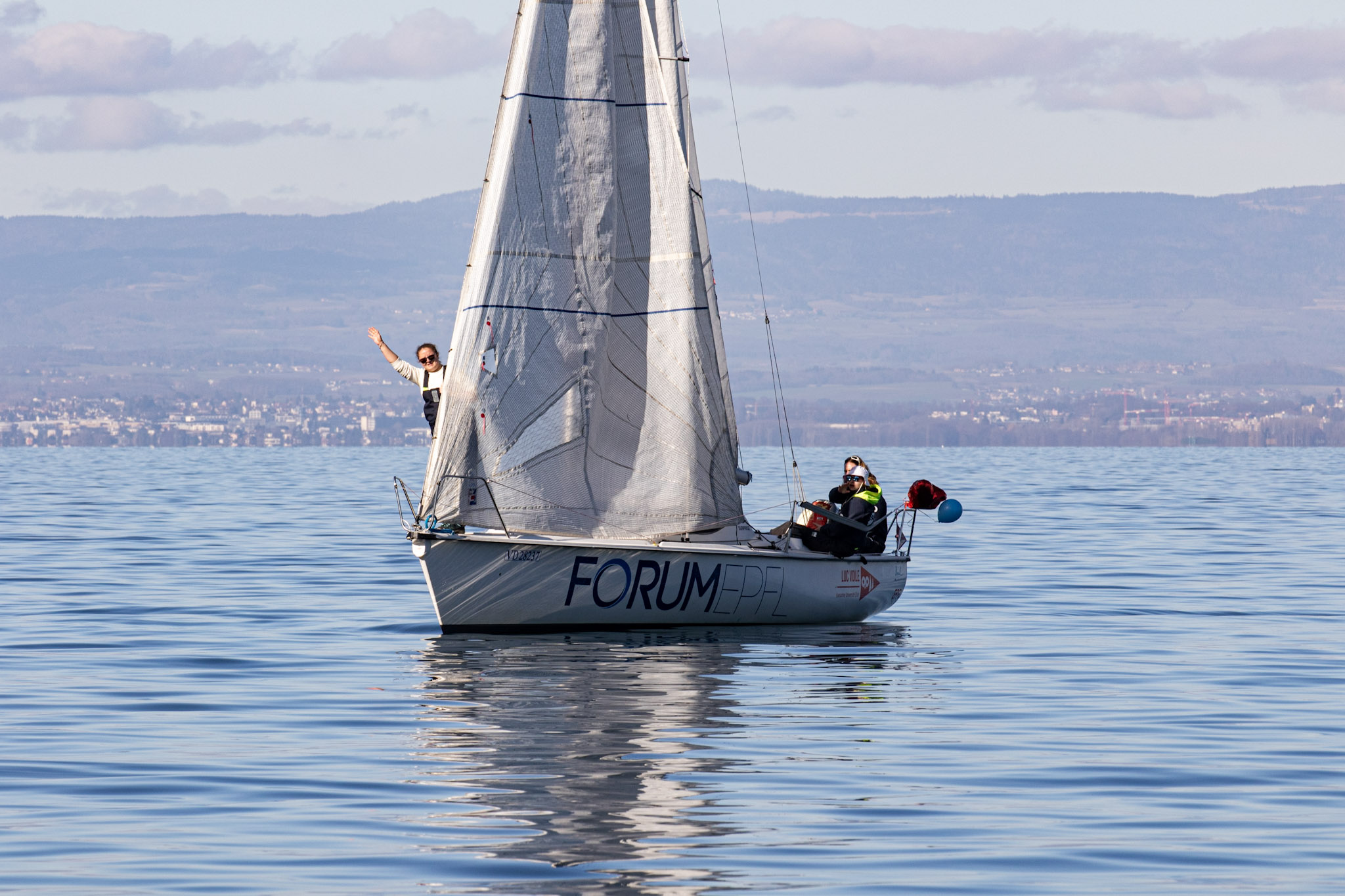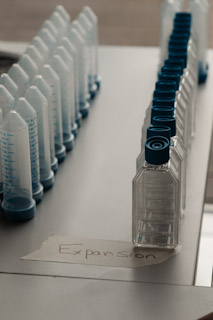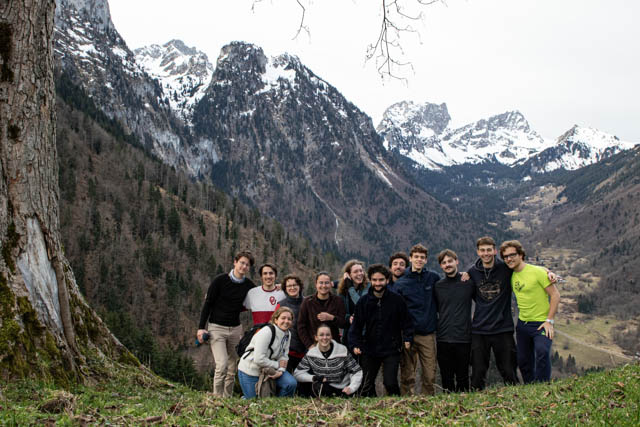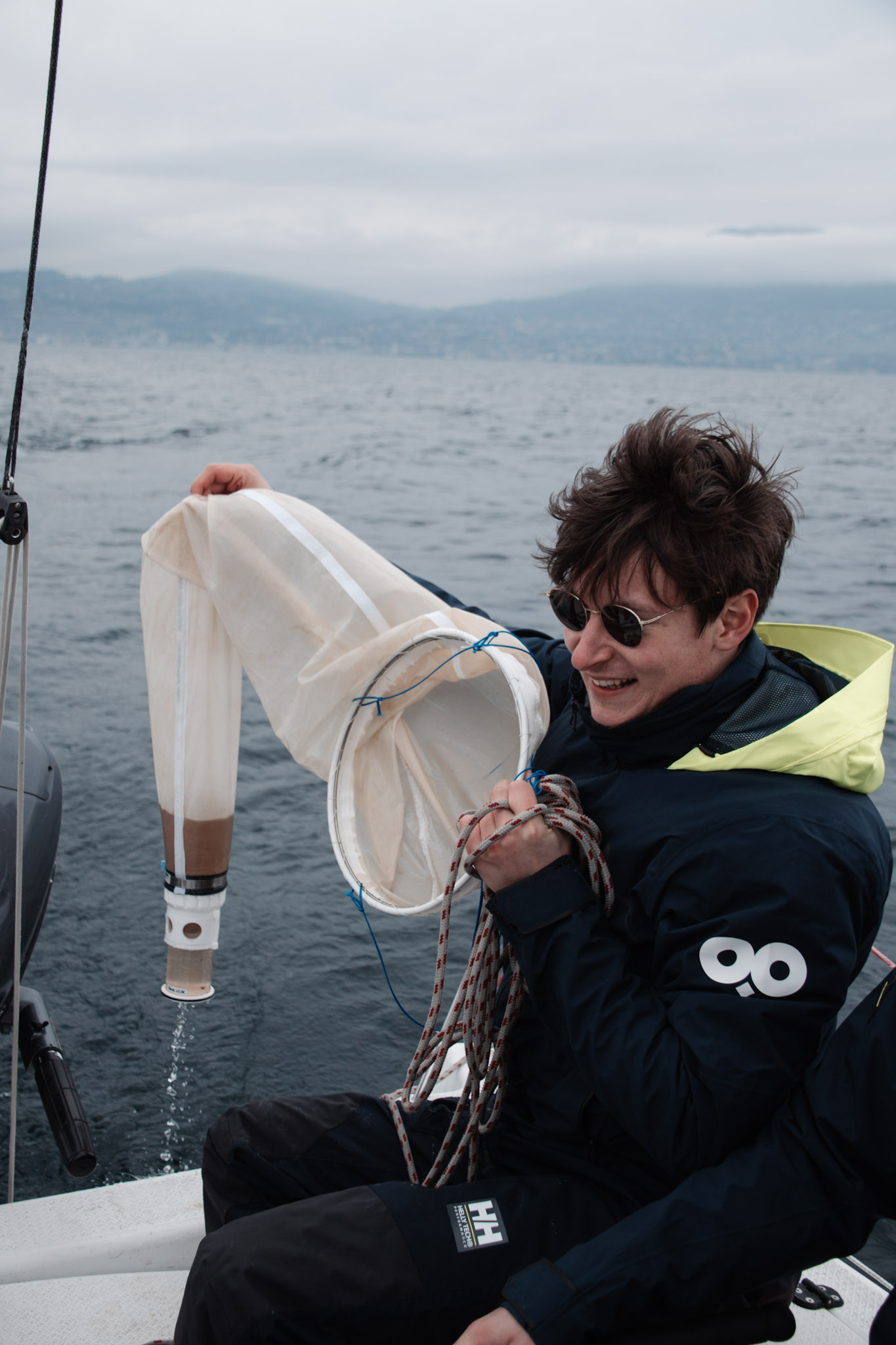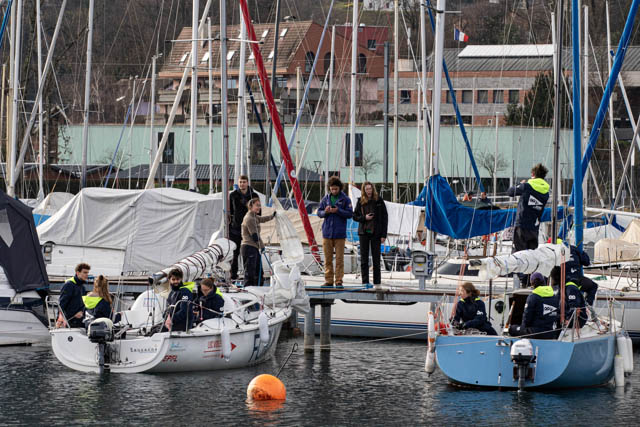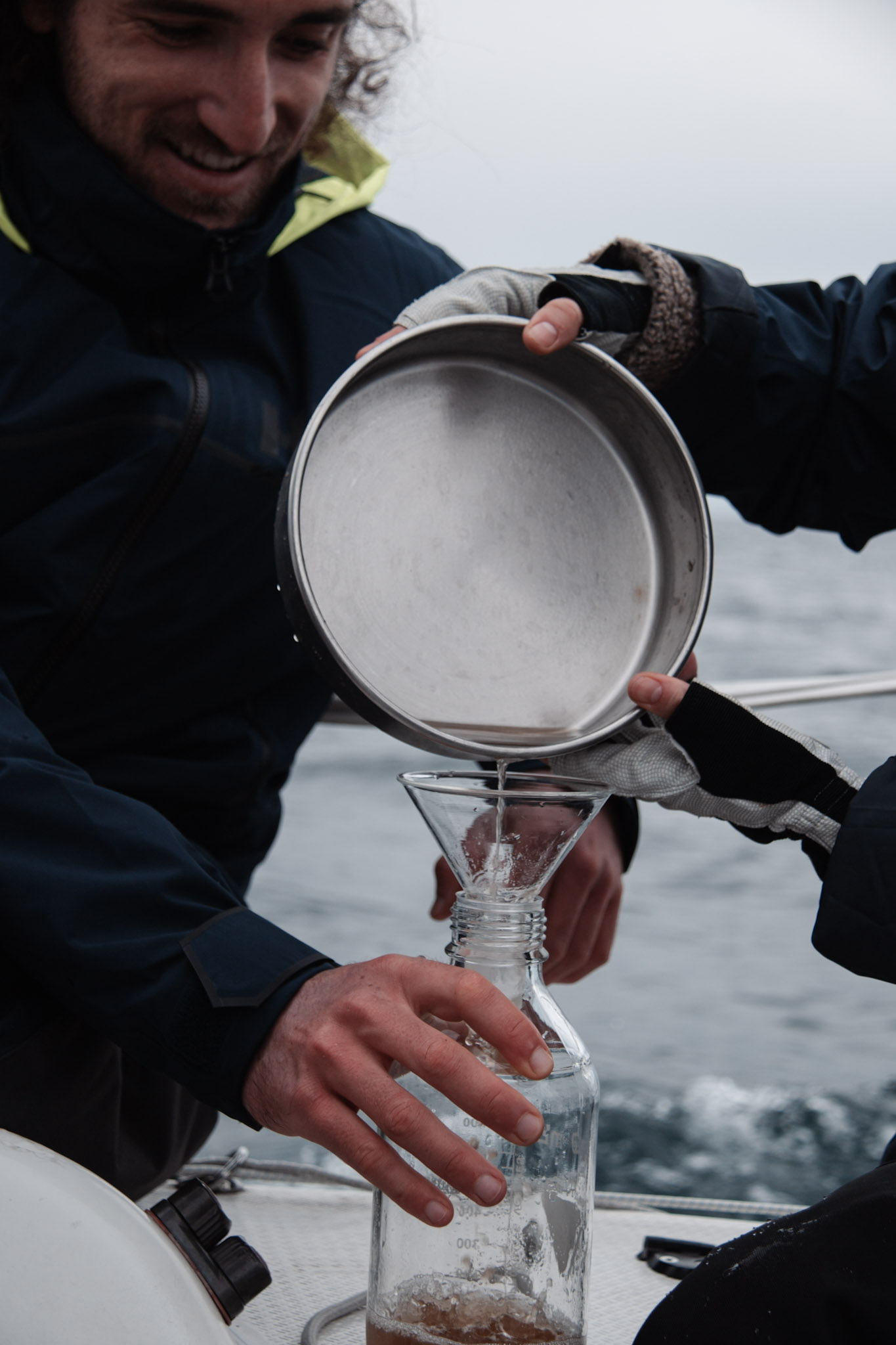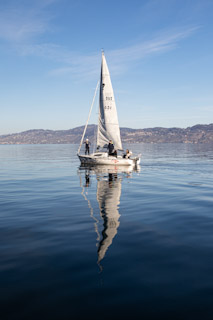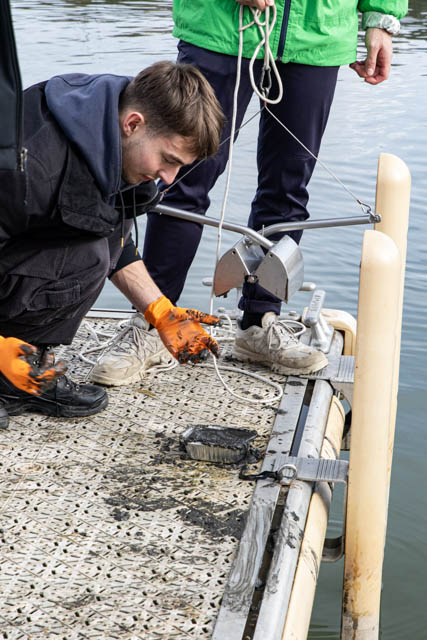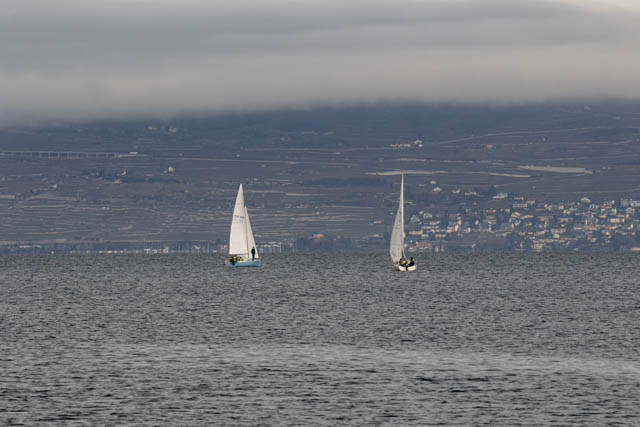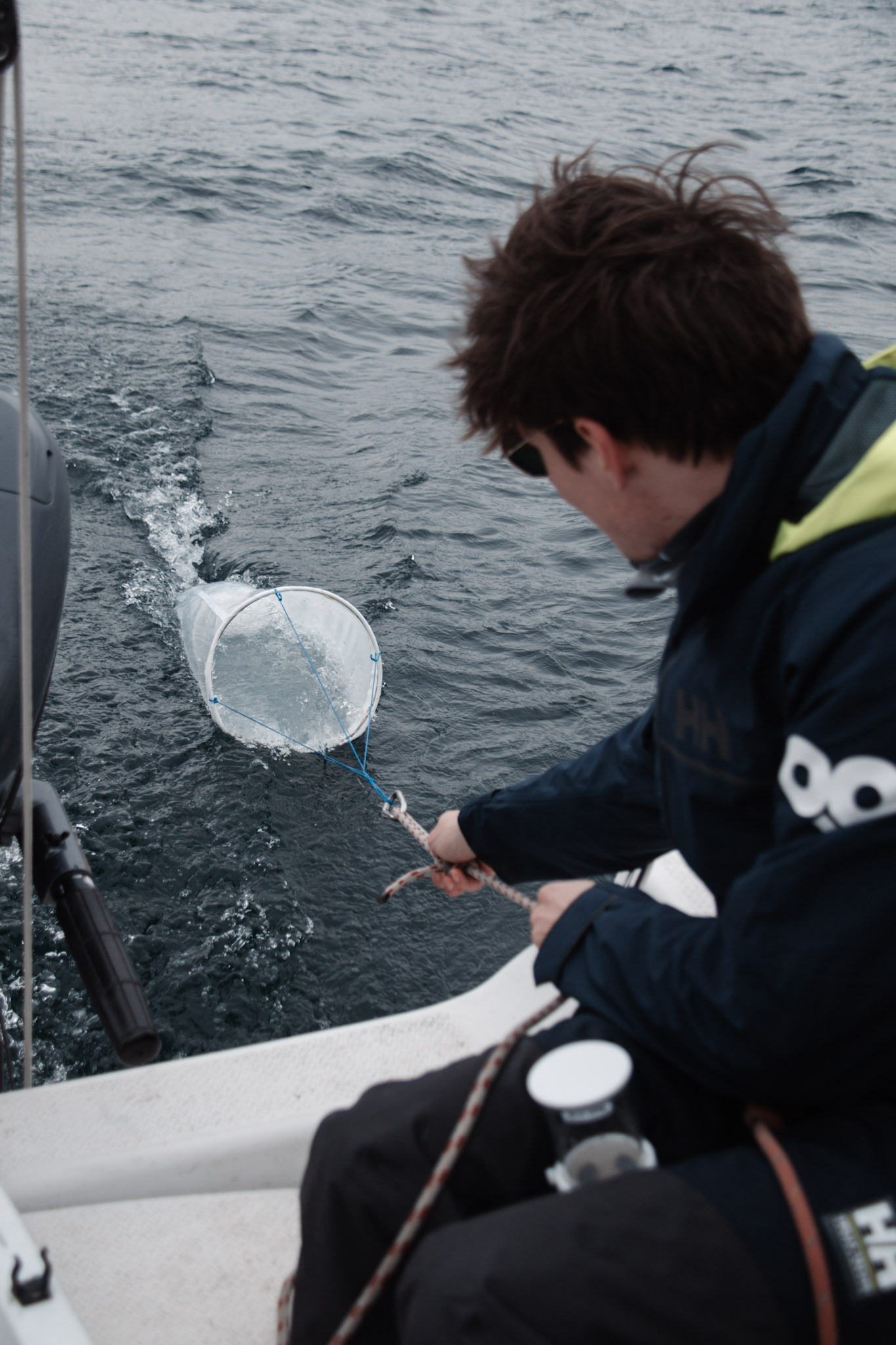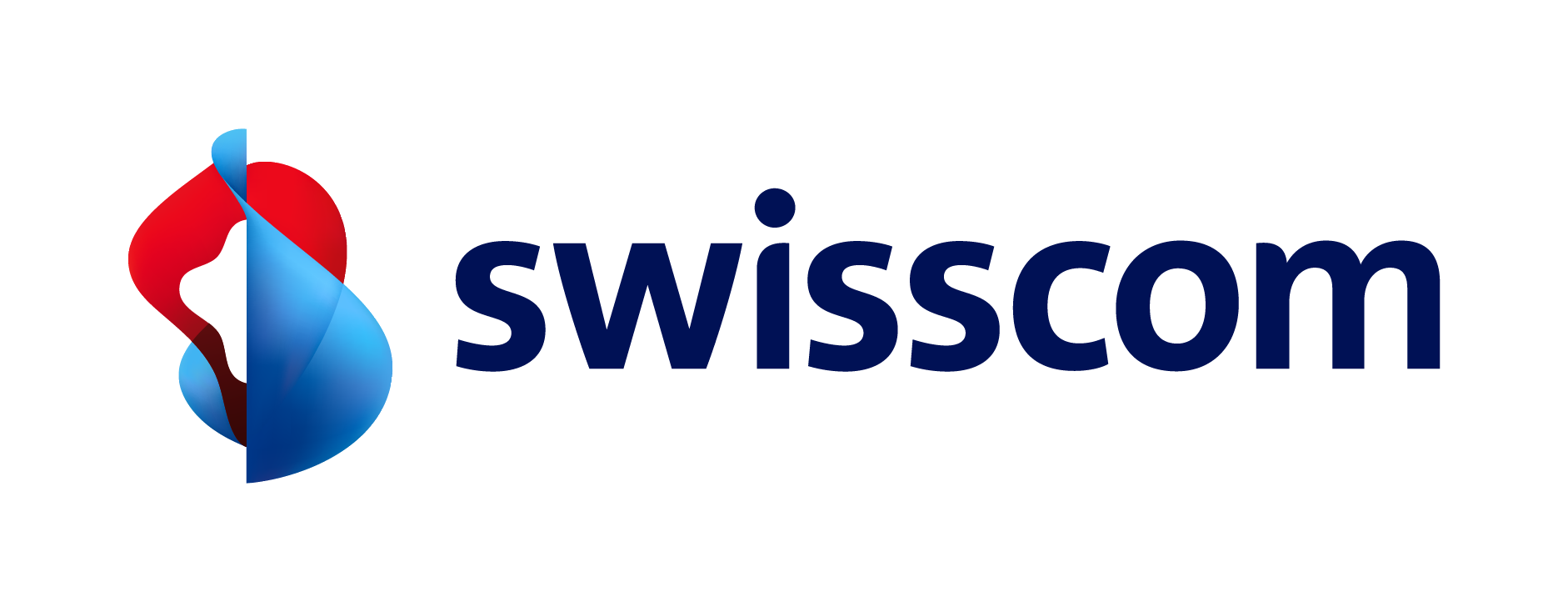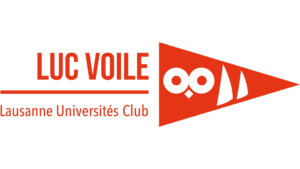Alpine Lake
Discovering Lake Geneva
The Alpine Lake Expedition was a crucial new stage in our Plankton Missionclosely following the ongoing expedition, Atlantea.
Designed to bring EPFL students closer to our mission, this new adventure took place in 10 February 2024 over 10 dayson beautiful Lake Geneva. It gathered a team of twenty students.
Our Project
Our main objective was to study the impact of the climate change on plankton and sediment populations in Lake Geneva, while perfecting our equipment in preparation for our next expedition to Brittany, scheduled for July 2024.
This expedition represented a invaluable training platform for our association's nautical, scientific and low-tech teams. This week was full of learning and sharingof learning, encouraging the transmission of knowledge.
Each day was devoted to testing the performance of scientific and low-tech instruments on the lake, as well as collecting samples. The team based at our camp analyzed the experiments carried out in the field and organized awareness-raising workshops for local classes. For several months now, we've been hard at work on the creation of a truly mobile laboratory to bring our scientific projects to life.

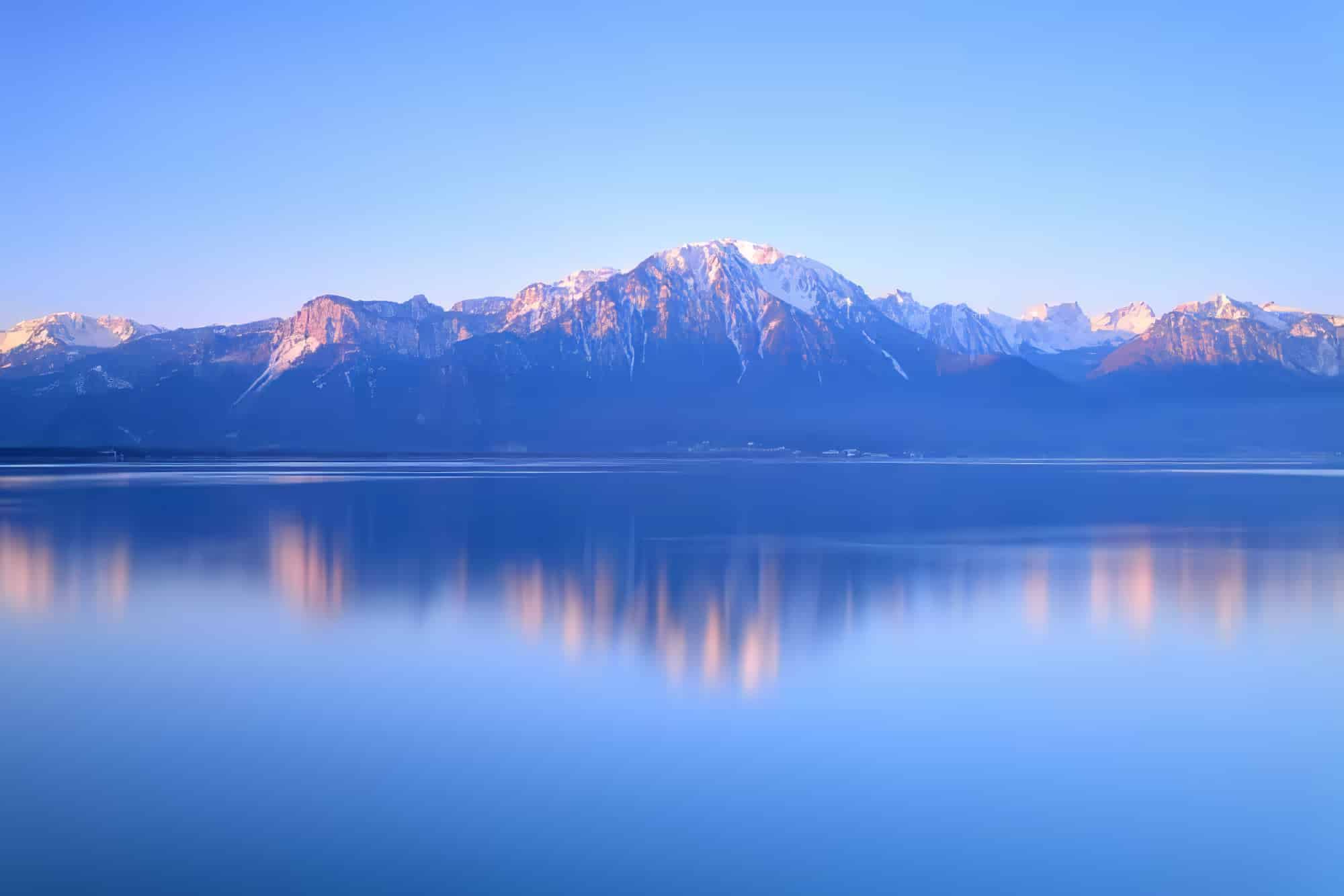
Lake Geneva
Why Lake Geneva ?
Plankton, often referred to as "drifting life", play an essential role in aquatic ecosystems as the basis of the food chain, contributing to water oxygenation and species survival. Zooplankton, which are eaten by fish, do not feed on phytoplankton. The balance between phytoplankton and zooplankton is crucial, and inappropriate human activities can upset this balance.
Nearly 200 zooplankton can be observed in the lake, including the Daphnia, the largest permanent zooplankton in Lake Geneva.
Numerous phytoplankton taxa can also be observed in the lake, such as Melosira spirogyra, responsible for the slippery layer on the rocks, or cyanobacteria and diatoms.
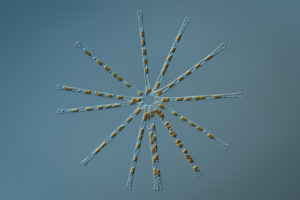
Asterionella Formosa, Phythoplancton
© Håkan Kvarnström
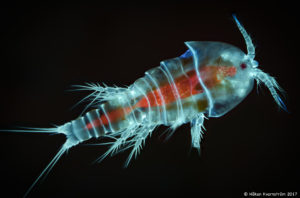
Calanide, Zooplancton
© Håkan Kvarnström
Our Scientific Projects
For this expedition, we worked with several laboratories in the region to establish reliable scientific protocols, the data from which are currently being analyzed in the laboratory by students.
Dudin Lab EPFL
Sense Lab EPFL - CTD
The CTD is a probe (Conductivity, Temperature, Depth) which we have developed in partnership with the SenseLab from EPFL. This low-cost, modular sensor measures various physico-chemical parameters in water. In addition to the three basic sensors, others have been added: pH and dissolved oxygen. This instrument was designed by a student in the spring 2023 semester, and the project continues in the fall 2023 and spring 2024 semesters to improve the probe. Its electronic and mechanical design, battery and software program are to be improved, and the sensors are to be calibrated.
The data from this sensor will be used, among others, in addition to other scientific equipment to provide an environmental context for each sampling location.
The aim of this project is to contribute to the democratization of this type of low-cost tool, to enable an increase in oceanographic research and lead to a better understanding and preservation of the marine environment.
LGB EPFL - Planktoscope
During the expedition, we'll be testing the effectiveness of a Planktosocope carried out by an EPFL student during the autumn 2023 semester at the LGBBiological Geochemistry Laboratory.
This tool is an open-source instrument for the quantitative observation of plankton. Its small size, ease of use and low cost mean that it can be adapted and used by as many people as possible.
The Planktoscope will enable us to observe the seedlings and identify them later.
Our embarked Low-tech projects
The term " Low-Tech “can refer to objects, techniques, services, know-how, products and services. practices and even currents of thought integrating strong sustainability, collective resilience and cultural transformation.
During this expedition various Low-tech projects were embarked :
-
- Tubular solar cooker with reflective mirrors to reduce gas and energy consumption
- Norwegian pot to decrease the gas consumption on board
- Secchi disk to qualitatively assess water condition and photosynthesis capacity
These projects are carried out by students using recycled materials. A pictorial documentation of each project is produced and then shared to make the design of Low-Tech objects accessible to all students, in line with the principle of Open Science.
